Modern Day Mercantilism
An imaginary European seaport painted by Claude Lorrain around 1639, at the height of mercantilism
Wikimedia Commons / Musée du Louvre / Mbzt
In the year 1776, the same year in which 13 British American colonies declared their independence from Great Britain, a Scottish professor of moral philosophy at the University of Glasgow declared his own independence from the ruling economic philosophy of the day, mercantilism. Unfortunately, many present day governments, including that of President Donald Trump, have either succumbed to the temptations of mercantilism, or as in the case of Trump show signs of the temptation. We should all review and reconsider why mercantilism is such utter folly.
The Economic Revolution of a Scottish Moral Philosopher
That Scottish moral philosopher, Adam Smith (16 June 1723 — 17 July 1790), was the father of the new, modern field of economics, and the classical economics he founded was introduced in his 1776 masterwork, An Inquiry into the Nature and Causes of the Wealth of Nations, a title which is usually shortened in

Wikimedia Commons/Scottish National Gallery
discussions to The Wealth of Nations. In that classic work, Smith propounded such basic notions as the division of labor and the law of supply and demand. In addition, he introduced the concept of Adam Smith’s Invisible Hand, which relates how free-markets cause optimal choices of prices and amounts to be produced for each good in the economy. This concept was extended to nonequilibrium market conditions in 1871 by the law of marginal utility discovered independently by Carl Menger of Austria, Léon Walras of France, and William Stanley Jevons of England.
However, Adam Smith’s main motivation in writing The Wealth of Nations was to battle the idea of mercantilism, an economic philosophy that had dominated Europe for approximately three and a half centuries from the 15th to the mid-18th century. A primitive precursor to mercantilism is bullionism, which defines wealth as the possession of precious metals, particularly gold and silver. As mercantilism developed as an economic philosophy, bullionism continued to be a part of it as mercantilism’s monetary doctrine. The main goal of mercantilism, a form of economic nationalism, in any particular country was to enrich the nation by making it independent and self-sufficient, not dependent on any other country. This economic autarky is probably the single most important aspect of mercantilism, although many discussions of mercantilism emphasize its bullionism.
The pursuit of economic autarky led mercantilist nations to adopt the following policies:
- The imposition of high import tariffs on finished goods from other countries, with low or no import tariffs on raw materials or exotic goods.
- Low or no export tariffs on finished goods, but very high export tariffs on raw materials.
- In order to increase demand for domestic production, mercantilist nations sought new markets for their domestic manufacturing output.
- The prohibition of their colonies trading with other nations.
- The prohibition of exporting gold and silver, even for payments,
- Prohibition of foreign ships carrying exports.
- Subsidies on exports.
- Promotion of domestic industry through direct subsidies or other services such as research.
- Restriction of domestic consumption of foreign imports through non-tariff barriers to trade.
The entire emphasis was to increase and maintain the economic self-sufficiency of the country. Clearly, these kinds of policies would lead to a positive balance of trade, where exports were greater than imports in value. They motivated the colonial expansion of European nations in order to secure additional sources of raw materials, and often led to wars over trade and colonial possessions.
Adam Smith attacked mercantilism in The Wealth of Nations first by disputing mercantilism’s definition of wealth through bullionism, and second by constructing a complete replacement philosophy of economics that over time has since come to be called laissez faire capitalism. In Book IV, Chapter I of The Wealth of Nations, Smith writes,
That wealth consists in money, or in gold and silver, is a popular notion which naturally arises from the double function of money, as the instrument of commerce and as the measure of value. In consequence of its being the instrument of commerce, when we have money we can more readily obtain whatever else we have occasion for than by means of any other commodity. The great affair, we always find, is to get money. When that is obtained, there is no difficulty in making any subsequent purchase. … Others admit that if a nation could be separated from all the world, it would be of no consequence how much, or how little money circulated in it. The consumable goods which were circulated by means of this money would only be exchanged for a greater or a smaller number of pieces; but the real wealth or poverty of the country, they allow, would depend altogether upon the abundance or scarcity of those consumable goods. … I thought it necessary, though at the hazard of being tedious, to examine at full length this popular notion that wealth consists in money, or in gold and silver. Money in common language, as I have already observed, frequently signifies wealth, and this ambiguity of expression has rendered this popular notion so familiar to us that even they who are convinced of its absurdity are very apt to forget their own principles, and in the course of their reasonings to take it for granted as a certain and undeniable truth. Some of the best English writers upon commerce set out with observing that the wealth of a country consists, not in its gold and silver only, but in its lands, houses, and consumable goods of all different kinds.
Real wealth does not consist of money, i.e. the gold and silver so assiduously sought by mercantilists, but of the produced goods that money can buy. Units of money are only claim-checks to wealth, to be redeemed in the market place. The real wealth of nations consists not of precious metals that can be used as money, but of the goods and services the nations can produce together with the means of producing those goods and services.
Modern Day Mercantilism
This confusion between money and wealth appears to have propagated down to the present time. When we have a negative balance of payments with a country, say China, i.e. when our imports are greater than our exports, what is happening is that China is sending us more real wealth to us than we are sending to them, and all China is getting for that real wealth they are giving us is the computer equivalent of little green pieces of paper called dollars. (Actually it is a little more complicated that that. The American importer of Chinese goods may have to buy on an international exchange the computer equivalent of little pieces of paper called yuan, and to use those yuan to purchase the Chinese goods. This has to be done, unless the Chinese exporter specifies dollars for payment.) In the exchange there is a transfer of real wealth from China to the United States, and all China gets in return is money, which is not wealth at all! It would seem the United States is getting much the better part of the trade.
Of course, China might use their hoarded dollars and yuan from American trades at some future date to buy up a lot of American wealth. But until they do, America makes out like a bandit. Yesterday, Simon Constable, an economics commentator and a fellow at the Johns Hopkins Institute for Applied Economics, Global Health and the Study of Business Enterprise, felt obligated to point out these facts to the Trump administration on a Forbes.com post called Mr. Trump, Here’s Why Trade Deficits Are Good. Until China starts buying a lot of American goods, the United States is the undeniable winner in foreign trade with China.
At this point President Trump and possibly you would probably ask, “Well, all that is fine and good, but what about all the displaced labor, the loss of jobs because of import substitution for goods the U.S. used to make?” I have written about this issue most recently in my last post, The Divisive Issue of Foreign Trade. There I noted the fault for the displaced labor lies not with the trade itself, but with all the policies of the federal government that create a hostile business environment. In this environment companies find making a profit is extremely difficult, if not impossible in some cases. Finding the making of a profit extremely difficult, many companies opt not to invest in the U.S. with the capital saved from not producing import substituted goods anymore. Instead, they use the capital savings either to buy back their own stock, to save it in a bank, or to invest the capital savings overseas. The solution — for once — should be trivially obvious. All that is needed to get companies to invest their capital savings back into the United States is to remove all the tax and regulatory barriers to corporations making a profit. I invite you to peruse all my posts about these government millstones grinding down corporations through links to them in my last post.
In fact, any large foreign trade will result in U.S. job losses, since those lost jobs are no longer needed to produce the import substituted goods. If such a result is not endurable, then importing goods currently produced by the United States should be strictly prohibited. This is mercantilist thinking, which would also prohibit selling the lower cost imported goods to Americans and prohibit the capital savings that would allow investment in more profitable ventures. Go back to the bulleted list of mercantilist policies above and note how many are directed to eliminating the competition of foreign goods currently produced domestically. The biggest problem of mercantilism is it does not allow the most efficient and profitable use of economic assets in both the importing and exporting countries. Assuming the existence of free-markets (a very big assumption, indeed!), all the world is made richer through international trade making the best and most efficient uses of the world’s economic assets.
President Trump has often said that he is not against free trade per se, so long as that trade is also fair trade. He has not yet — to my knowledge anyway — defined exactly what constitutes fair trade. However, from the context of his discussion of foreign trade, I get the very definite impression he means fair trade denotes no American jobs are to be lost from it under any conditions. If this is the case, we will all be the poorer as he guts foreign trade.
Addendum on September 16, 2018:
When I originally wrote this essay one and a half years ago, I truly believed Donald Trump had mercantilist tendencies. Since then, however, Trump has disabused us of this notion. What he and his spokesmen have constantly drummed into us is that what he calls fair trade is trade with tariffs of reciprocal value. It is trade where comparative advantage has a chance to work. Instead of the nationalist goal of autarky, he seeks an ideal state of international trade with zero tariffs, no non-tariff trade barriers, and no government subsidies for private companies. In a July 25, 2018 meeting with European Commission President Jean-Claude Juncker, Trump and Juncker agreed this was the kind of environment for which the U.S. and the EU should strive. Trump’s threatened tariff hikes are simply a blunt instrument to beat our trade partners about the head and shoulders to get their attention about the problem.
My conversion to Trump’s side of the argument is discussed in the post Trump Becomes More Convincing About Foreign Trade.
Views: 17,259























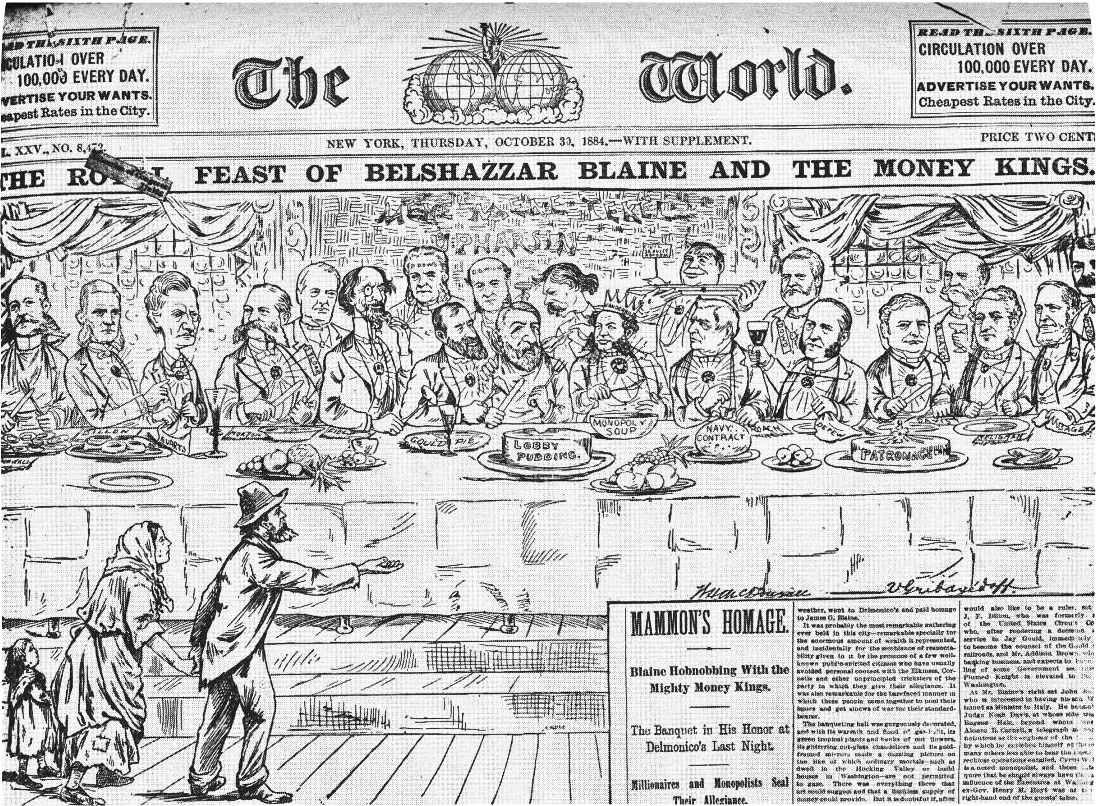
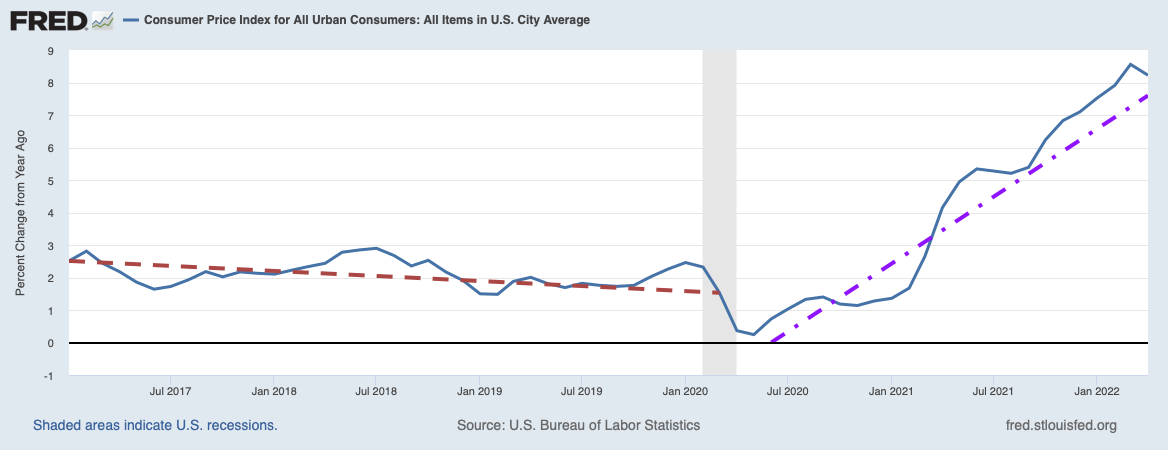

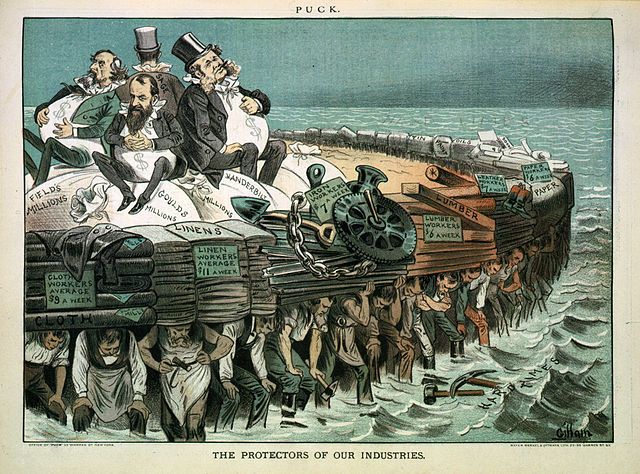
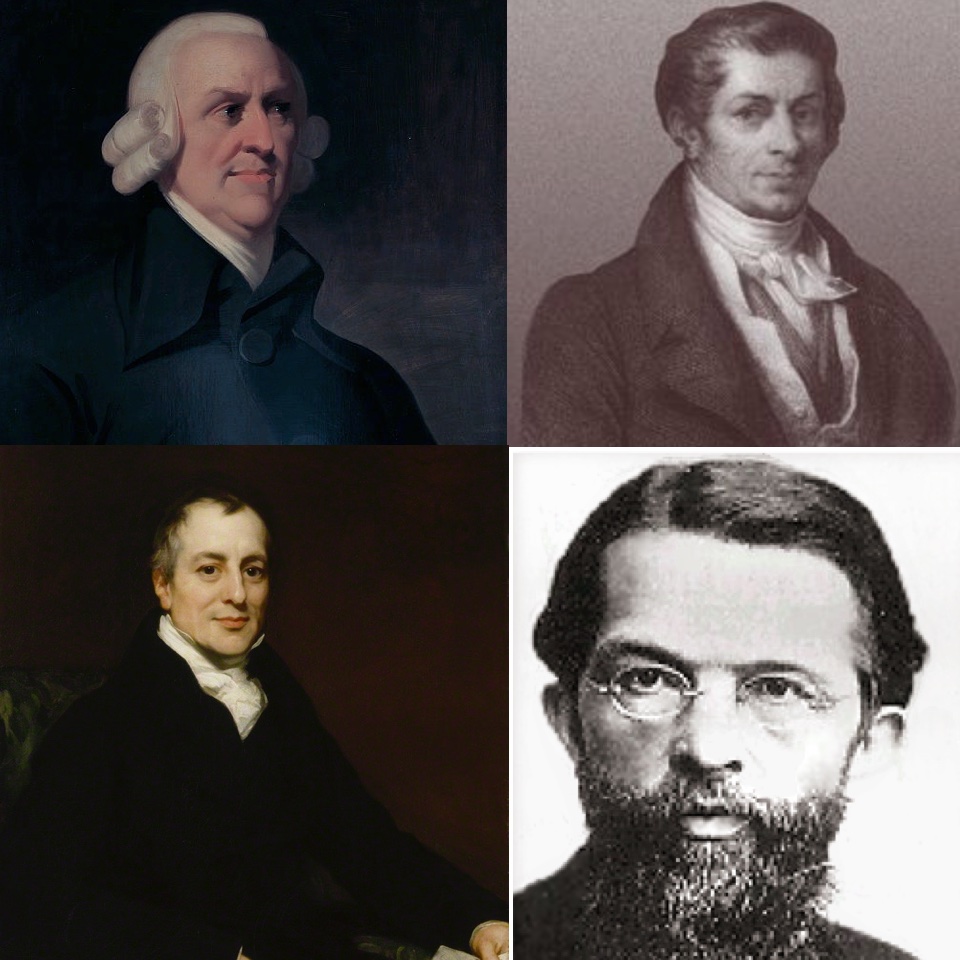
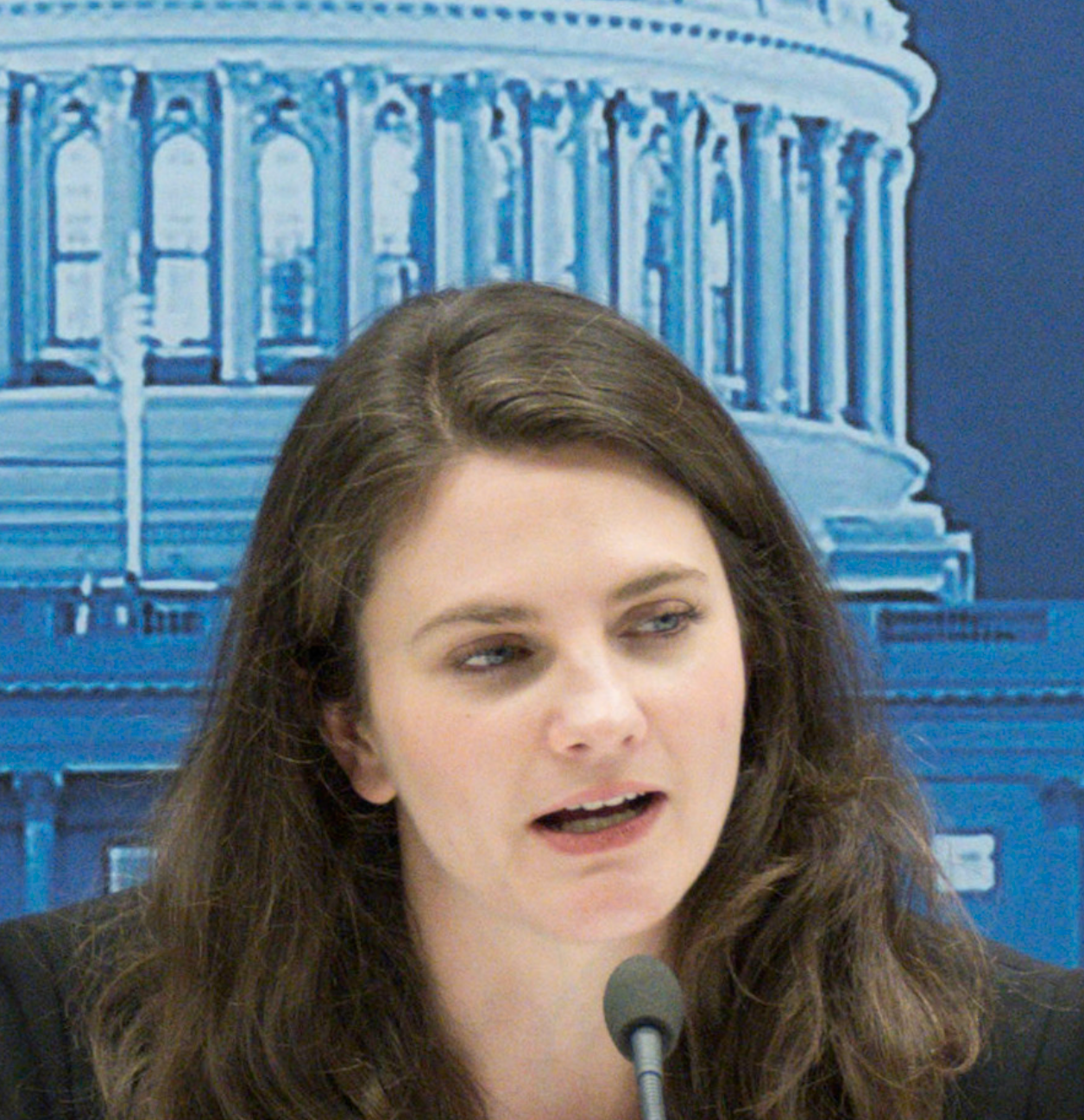
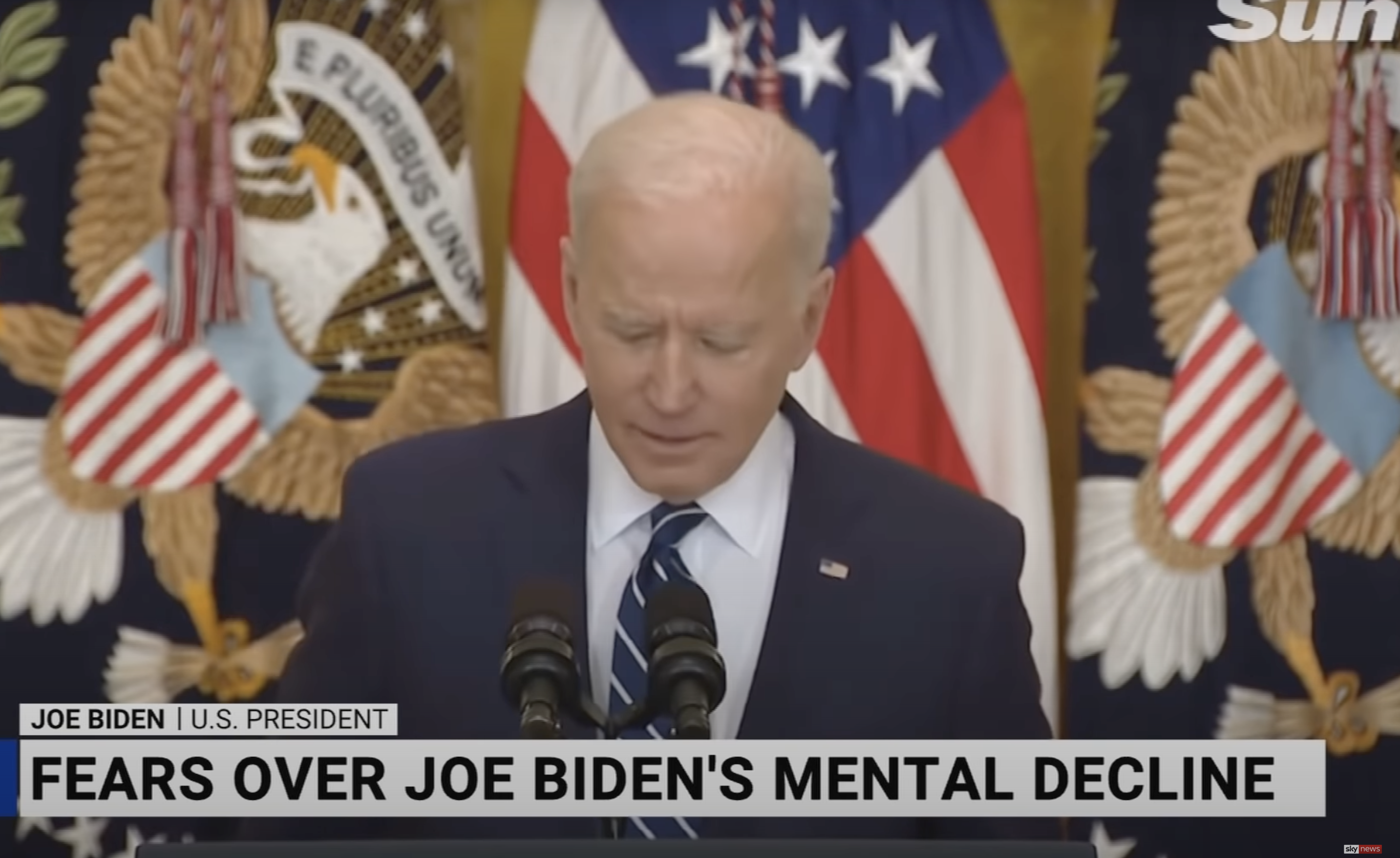
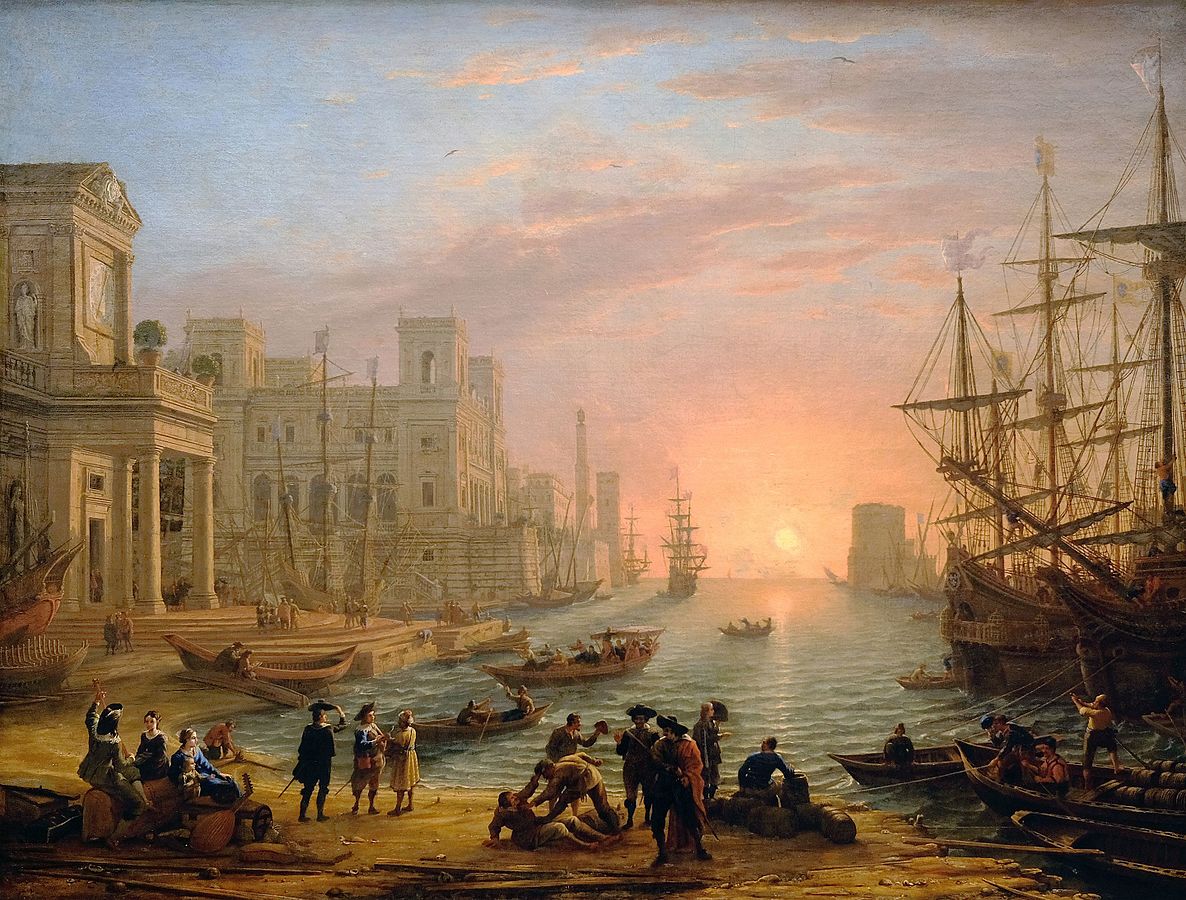
So if real wealth is in goods, not dollars, who are truly the wealthiest people alive? Would the list change at all and how would one measure that?
I believe the usual definition would be the wealthiest person is the one with the most claim checks for wealth (money), who at any time can claim a maximum quantity of goods and services that is more than anyone else can claim, plus the monetary worth of real wealth already possessed. You could modify that definition to require the wealthiest to have already taken possession of the real wealth the claim-checks represent, but then your definition would be in variance with that of most everyone else.
During the war of the Austrian Succession (1740-1748,) France had to sue for peace because its treasury was empty and its credit was no good. So, the desire to accumulate gold had some merit. Also, at least according to the movie Letters From Iwo Jima, near the end of World War II Middle East nations were only accepting bullion for payment for oil. Fortunately, the US had plenty of gold at that time, having confiscated it from its citizens in 1933. Gold is good.
In both cases you cite, gold became the default money. The point that actual wealth is what money can buy still holds, and Adam Smith still rules!
Both are examples of a time when banking and credit were poorly developed. Today, we have an international credit and banking system that can’t be compared to that of the forties, much less the 18th century.
Another example in today’s world that is similar to the idea of mercantilism?
Other examples of mercantilism in the modern world include all the tariffs that all the countries levy against each other. Any form of protectionism, whether it be tariffs, non-tariff trade barriers, or government subsidies of individual companies or groups of companies are forms of mercantilism. Such forms of protectionism are designed to advantage a country’s companies by suppressing the economic activity of another country. Mercantilism is fundamentally the idea that a state maximizes its own power and well-being by maximizing its ability to claim the wealth of others. This means a mercantilist state must always export more than it imports.… Read more »
Here is an example of modern day mercantilism. The McDonald’s franchise offers people to own their own McDonald’s while helping the company grow in size and wealth.
Mercantilism is an autarkic doctrine of foreign trade. It features the discouragement of imports from other countries, and the encouragement of manufactured exports. Since your example does not involve foreign trade, it can not involve mercantilism.